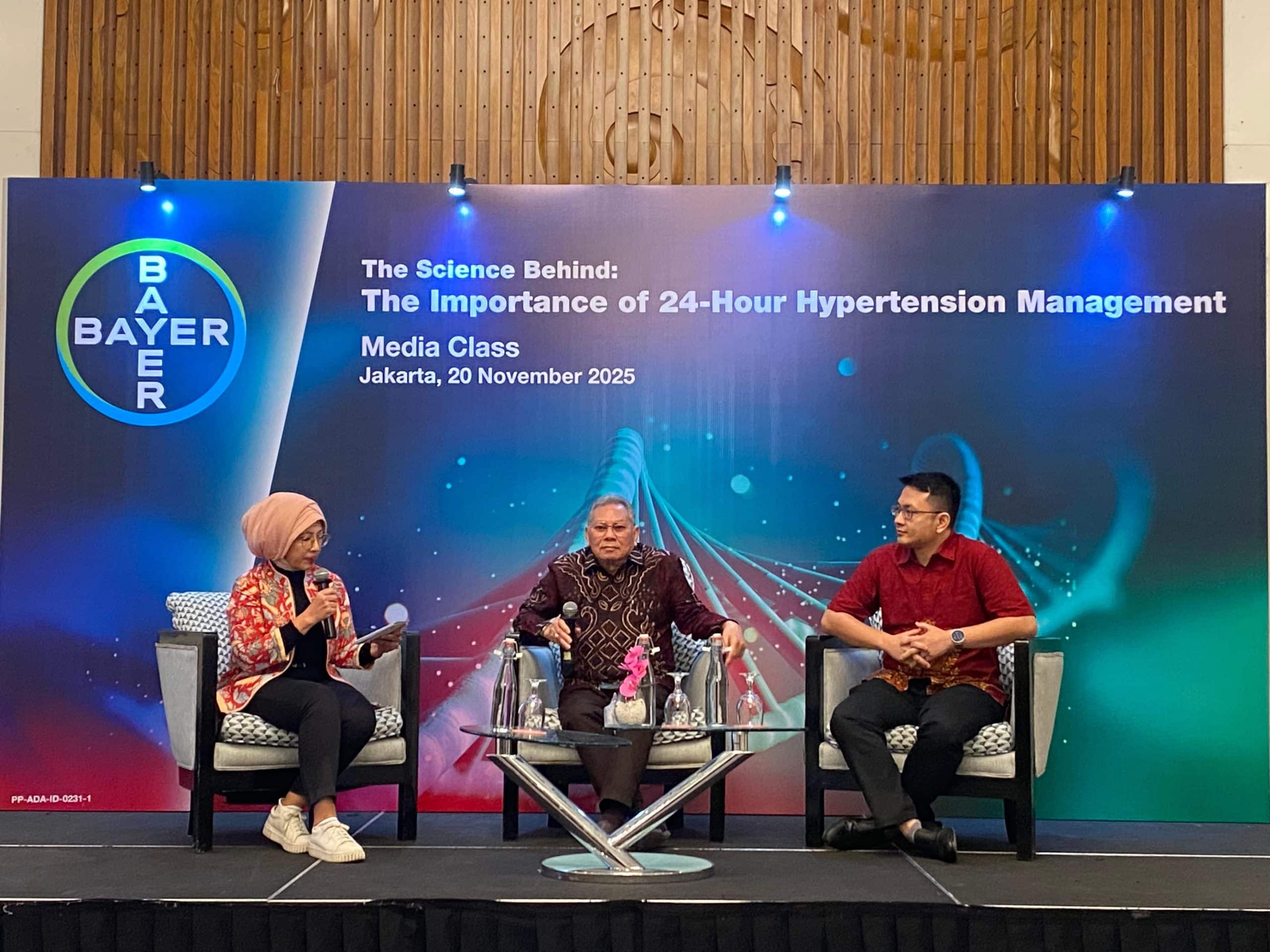
Experts Share 5 Safe and Healthy Ways to Drink Coffee, The Key is Moderation

Coffee is one of the most popular beverages globally, and the habit of enjoying it is a routine many find hard to give up. Its caffeine content helps the body feel more energized to get through the day’s activities.
However, excessive coffee consumption can be detrimental to health. Therefore, it is crucial to understand the safe limits for daily coffee intake. Here are explanations from experts on how to drink coffee healthily and safely.
Coffee’s Impact on Health
According to CNBC Make It, a Harvard study indicated that daily coffee consumption may support healthy aging in women. Drinking one to three cups of coffee per day has also been linked to better heart health and a decreased risk of mortality.
On the flip side, other research has found that excessive coffee consumption may increase the risk of dementia. A 2022 study in the Journal of The American Heart Association suggested a link between very high coffee intake and the risk of death from cardiovascular disease among individuals with hypertension.
Thus, the benefits and risks of coffee heavily depend on an individual’s lifestyle and health condition. Experts emphasize that consumption within reasonable limits is the main key.
1. Limit Caffeine to No More Than 400 mg Per Day
Dietitian Roxana Ehsani suggests consuming two to three cups of coffee before noon, with a maximum caffeine limit of 400 mg per day. This total includes caffeine from tea, energy drinks, sodas, and chocolate.
2. Pay Attention to Your Body’s Reactions
Everyone has different caffeine tolerance. Some people may feel agitated or anxious after just one cup. Nutritionist Jessica Sylvester advises monitoring bodily signs, such as a rapid heartbeat. If these symptoms appear, immediately reduce or stop coffee consumption.
3. Groups Who Need to Restrict Coffee
Mayo Clinic nutritionist Nikki Cota emphasizes that pregnant women need to limit caffeine intake. Individuals with diabetes and cardiovascular diseases should also be cautious about added sugar in their coffee. Meanwhile, the American Academy of Pediatrics advises children to avoid caffeine entirely.
4. Don’t Substitute Caffeine for Meals
Dietitian Maddie Pasquariello stresses the importance of not using coffee as a meal replacement. Caffeine can suppress appetite, risking energy deficiency in the body. Ehsani suggests eating food or drinking water before drinking coffee.
5. Consider the Impact on Sleep Patterns
If you frequently experience sleep disturbances after drinking coffee in the afternoon, experts recommend limiting coffee consumption to the morning only. Lattes or macchiatos should ideally be consumed before noon to avoid disrupting the quality of night-time sleep.
Everyone needs to recognize their safe limit for coffee consumption based on their individual body condition. Pay attention to your body’s reaction, consume in moderation, and adjust according to your health needs!






